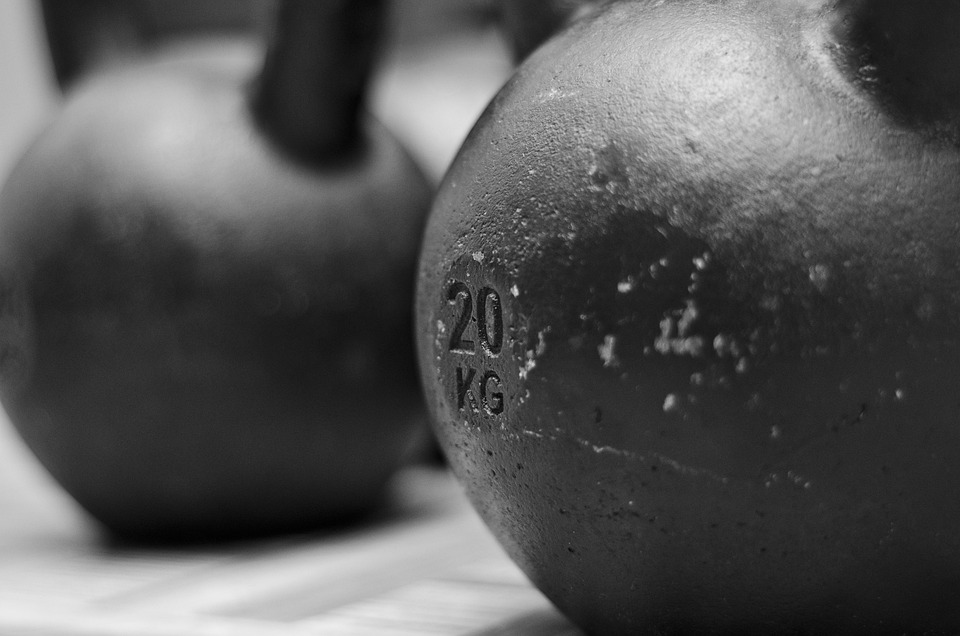The Nutrition Guide to Strength Training: What to Eat for Maximum Gains
As a strength trainer, you know that a well-planned diet is essential for achieving your fitness goals. Adequate nutrition not only supports muscle growth and recovery but also helps to optimize your workouts and reduce the risk of injury. In this article, we’ll delve into the essential nutrients, meal timing, and eating strategies that will help you fuel your strength training journey and maximize your gains.
Macronutrients: The Building Blocks of Muscle
Macronutrients are the three primary sources of energy for your body: carbohydrates, protein, and fat. A balanced diet should include a mix of these macronutrients to support muscle growth and maintenance.
- Protein: Protein is the most important macronutrient for strength trainers, as it helps to build and repair muscle tissue. Aim for 1.6-2.2 grams of protein per kilogram of body weight daily, spread out over 3-5 meals.
- Carbohydrates: Carbs provide energy for your workouts and help to replenish muscle glycogen stores. Focus on complex carbohydrates such as whole grains, fruits, and vegetables.
- Fat: Healthy fats are essential for hormone production and can provide a convenient source of energy. Include sources like nuts, seeds, avocados, and olive oil in your diet.
Meal Timing: When to Eat for Optimal Performance
Timing your meals can make a significant difference in your strength training performance and muscle growth. Here are some general guidelines:
- Pre-Workout Meal: Eat a meal 1-3 hours before your workout that includes complex carbohydrates and a moderate amount of protein. Avoid heavy meals that can cause digestive discomfort during exercise.
- Post-Workout Meal: Consume a meal or snack with a mix of carbohydrates and protein within 30-60 minutes after your workout to help with muscle recovery and replenish energy stores.
- Intermeal Snacks: Eat 2-3 snacks in between meals to maintain blood sugar levels and prevent muscle breakdown.
Eating Strategies: Tips for Strength Trainers
In addition to macronutrient balance and meal timing, here are some eating strategies to optimize your strength training:
- Eat Adequate Calories: Ensure you’re consuming enough calories to support muscle growth and maintenance. Aim for a daily caloric surplus of 250-500 calories.
- Focus on Whole Foods: Prioritize whole, unprocessed foods like lean meats, fish, eggs, dairy, fruits, and vegetables. Avoid sugary drinks, fast food, and processed snacks.
- Stay Hydrated: Adequate hydration is essential for muscle function and recovery. Drink at least 8-10 glasses of water per day.
- Post-Workout Shake: Consider consuming a post-workout shake with a mix of protein, carbohydrates, and creatine to help with muscle recovery and growth.
Sample Meal Plan
Here’s a sample meal plan to help you get started:
- Breakfast: Scrambled eggs with whole wheat toast and avocado (400 calories, 30g protein, 40g carbs, 20g fat)
- Pre-Workout Snack: Banana with almond butter and a handful of almonds (200 calories, 15g protein, 30g carbs, 10g fat)
- Post-Workout Meal: Grilled chicken breast with quinoa and steamed vegetables (500 calories, 40g protein, 60g carbs, 20g fat)
- Intermeal Snack: Apple slices with peanut butter (150 calories, 8g protein, 20g carbs, 8g fat)
- Dinner: Grilled salmon with brown rice and mixed vegetables (500 calories, 35g protein, 60g carbs, 20g fat)
Conclusion
A well-planned diet is essential for achieving maximum gains in strength training. By focusing on a balanced diet with adequate protein, carbohydrates, and fat, timing your meals strategically, and incorporating whole foods and post-workout shakes, you’ll be well on your way to optimizing your strength training results. Remember to stay hydrated and listen to your body’s nutritional needs to fuel your fitness journey.




GIPHY App Key not set. Please check settings